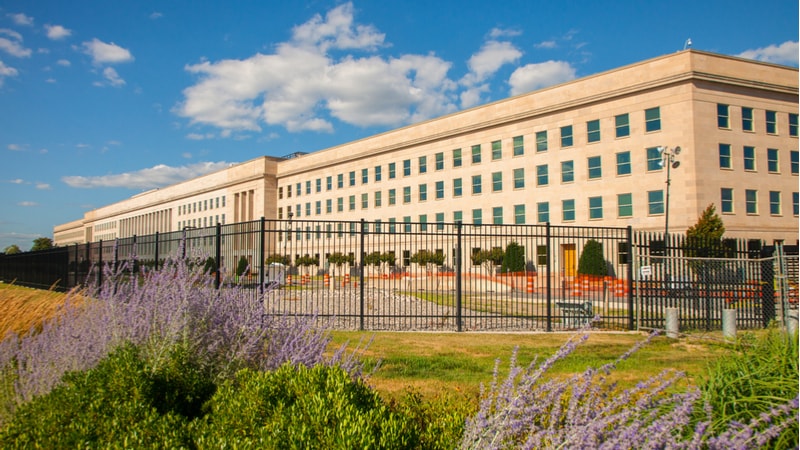
House Democrats made another unsuccessful attempt this week to block funding for President Donald Trump’s Golden Dome defense project during a House Rules Committee vote on the Fiscal Year (FY) 2026 National Defense Authorization Act (NDAA).
Rep. Mary Gay Scanlon, D-Pa., introduced an amendment during the second part of the Sept. 9 hearing that would halt funding for the Golden Dome project until the Pentagon passes a full audit and the Government Accountability Office certifies that contracts are awarded fairly.
The amendment would also block funds until the Department of Defense (DOD) – which the Trump administration has rebranded as the Department of War – can demonstrate that the program’s goals are feasible.
“Republicans have already appropriated billions of dollars for this Golden Dome project, despite very serious concerns about the program’s feasibility and total cost,” Rep. Scanlon said. “We cannot authorize or appropriate more funds for this program until the Department of Defense can demonstrate that its goals are realistic and costs can be contained.”
She likened the program to President Reagan’s “Star Wars” missile defense project, which she said “involved decades of fraud and abuse,” and cautioned against further appropriations without accountability.
The Golden Dome program, announced by executive order on Jan. 27, forms the centerpiece of President Trump’s renewed missile defense strategy. Billed as a “next-generation missile defense shield,” it is intended to protect the United States from hypersonic and other advanced missile threats.
The Trump administration estimates the program will cost $175 billion to develop and deploy by 2028. A $25 billion initial investment was included in the latest reconciliation bill, with another $13 billion directed toward supporting related missile defense and space initiatives. Most of the funding in the near term is expected to bolster satellite tracking and interceptor capabilities already in the Pentagon’s portfolio.
Despite its high-profile status, the Golden Dome project has drawn increasing skepticism amid a lack of publicly available information about its system architecture.
Democrats have raised concerns about the program’s opaque cost estimates, undefined timeline, and unclear strategic objectives. In July, Gen. Michael Guetlein, the program’s manager, acknowledged those gaps and said he is currently drafting a formal blueprint, which he expects to deliver to the president in the near future.
Rep. Austin Scott, R-Ga., pushed back against the amendment, emphasizing the need to modernize U.S. missile defense systems in response to evolving global threats. He argued that current systems are outdated and inadequate to counter newer, faster, and more advanced weapons being developed by adversaries like Russia and China.
“We have to have a system that will defend us from the new weapons that the Russians and the Chinese have. The current systems will not defend the country from the weapons our enemies have today,” Rep. Scott said.
Rep. Scanlon countered by questioning the strategic focus of the program. “You can’t roam over the U.S. when people can smuggle a suitcase in,” she said. “This amendment is asking to make sure, before billions are spent, that there is actually a feasible way forward for this program.”
The amendment failed on a 9 to 4 vote, largely along party lines, mirroring previous Democratic attempts to restrict funding for the project.
The House Rules Committee advanced the full FY2026 NDAA with a 9 to 4 vote. The bill now moves to the House floor. The Senate has yet to pass its version of the NDAA. Leaders in both chambers are working to sort through hundreds of proposed amendments as they prepare for conference negotiations to finalize the annual legislation.
Congress faces a Sept. 30 deadline to pass the defense spending bill.
